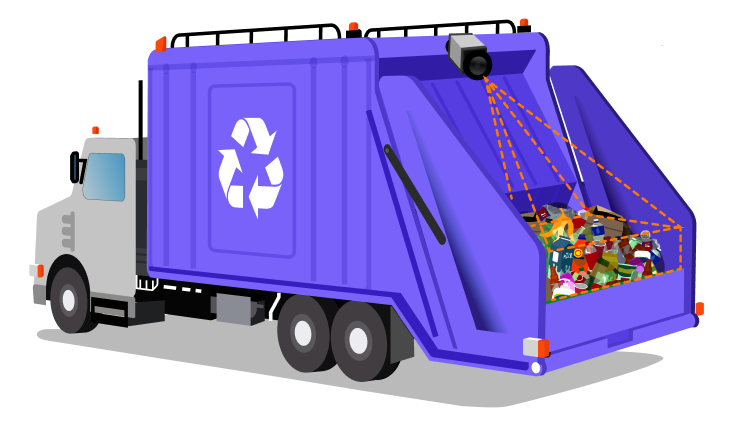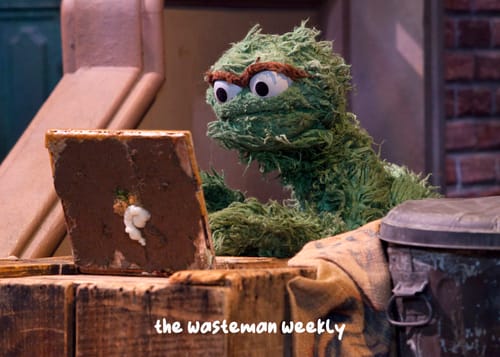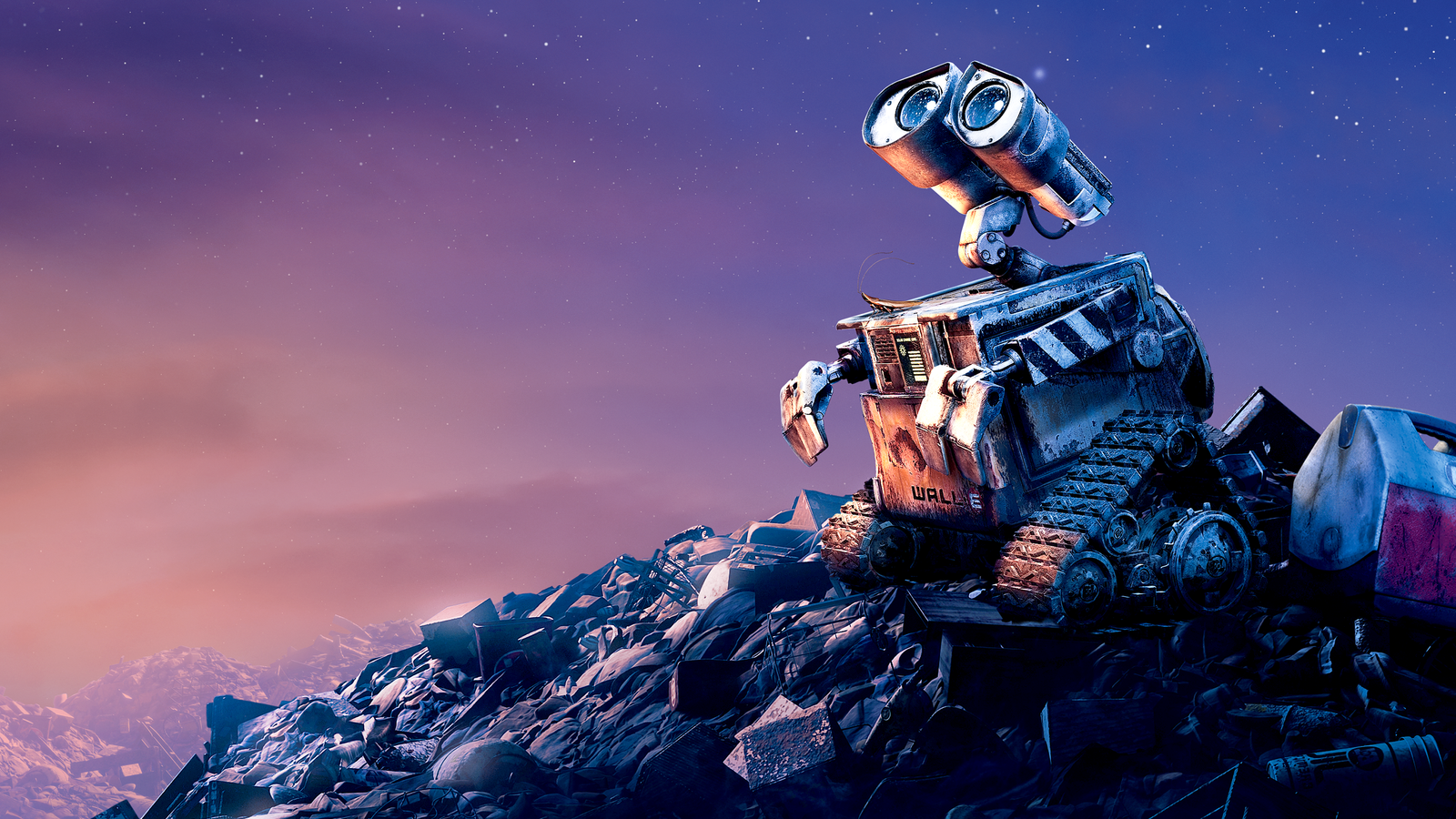Surprise! Everything you toss in the recycling bin doesn’t actually get recycled. From plastic bags to Styrofoam, "wish-cycling"—the habit of throwing in items we hope can be recycled—is clogging up recycling streams in cities across the globe. But some cities are finding new use cases for AI to help clean things up. Sounds like Wall-E has come early to prevent a world full of trash from even starting!
Equipped with cameras and AI programs, pilot recycling trucks can identify non-recyclables and notify residents, helping reduce contamination by over 20%. In Leduc, Alberta, a similar AI-driven program cut compost contamination from 68% to 9%. So, it's pretty clear the benefits of AI in waste management can boost cleaner streams and more effective recycling. However, the same technology driving these improvements comes with a hidden cost—our personal privacy.

Taking Trash Personally
Yes, that’s right, your trash is more personal than you think. Cybersecurity experts warn that AI scanning our waste could expose sensitive details, like medical records or even a discarded pregnancy test. That kind of data, in the wrong hands, could be misused or even turned over to authorities. Cities like East Lansing and Leduc are making strides to protect residents' privacy, but it's still important to understand this is uncharted territory.
Conclusion
It's no question AI will reshape the way we live our lives, but there are questions around how personal we let it get. I think this topic in particular does a great job of representing how new and exciting climate solutions are rarely without their challenges to immediate implementation. I'm sure at the rate of AI advancement we'll be seeing it at all of our curbsides soon enough. But in the meantime, be sure to check with your hauler on what's actually recyclable or not—they often have flyers or even stickers on your bins that will show you. Who knows, maybe we get good at recycling on our own first—and use AI more as a performance boost than a crutch.








